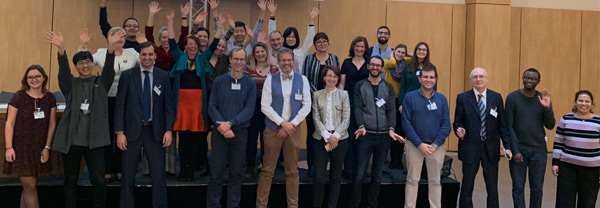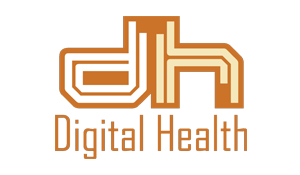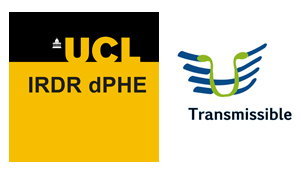• Ensuring greater academic RECOGNITION on the global stage.
• Promoting TRANSFERABILITY of public health education & training.
• Increasing EMPLOYABILITY of public health graduates.
• Attesting the QUALITY of Public Health Workforce training.
![]()
APHEA - Agency for Public Health
Education Accreditaiton
Avenue des Arts 47
1000 Bruxelles, Belgium
Tel: ++32 2 735 0890
email:office@aphea.be
| International Digital Public Health Conference | |||
 |
|||
 |
 |
 |
|
Prof Patty Kostkova |
Dr. Arnold Bosman |
Dr Caroline Wood |
|
The International Digital Health Conference series is a unique thought-leadership and networking event bringing together members from the five key stakeholder groups – industry, SMEs, healthcare and academic researchers – to learn, present, network and discover. The event leverages opportunities for public health professionals to engage with other specialists outside of their immediate networks to enhance their knowledge, understanding and application of the latest advances in health research and technology. The event fosters interdisciplinary research and innovation driven by real world needs, aiming to improve public health through the application of novel technology at the personal, community and global levels. Unique in bringing together audiences from Public Health, Computer & Data Science, MedTech industry and NGOs, DPH enables cross-fertilization of research and innovation in digital public health, offering knowledge exchange and networking opportunities.
|
A major benefit of accreditation is that it provides a benchmark of consistent standards for public health education that should be met. Such standards include a common set of public health competencies that constitute the vocabulary of any curriculum. This will greatly enhance flexibility for collaboration and exchange between educational programs. This is expected to facilitate the sharing of best practices and training materials, and thus, lead to increased efficiency in curriculum development and execution.
Accreditation should always be considered a means to an end. Quality is generated by people and only secured by accreditation, not the other way around. Accreditation is not a guarantee in itself for quality improvement, yet it is a strong enabler of enhanced collaboration, which creates a platform for continuous quality improvement. The peer-review process leads to mutual learning and stimulates a culture of shared values and accountability for delivering high-quality education. |
 |
|



